Dhaka, Dec 15 (V7N)- Financial Advisor Dr. Salehuddin Ahmed has expressed strong criticism of the pervasive corruption in Bangladesh, comparing it to global standards. Speaking at a discussion meeting organized by the International Business Forum of Bangladesh (IBFB) in Gulshan, he remarked that while theft and corruption occur in many countries, the scale and impact of corruption in Bangladesh are unprecedented.
Corruption at All Levels
Dr. Ahmed highlighted the extent of corruption, stating, “Previously, those in power would take the lion's share of wealth, leaving scraps for the common people. Now, even local leaders, like UP chairmen, have amassed fortunes worth crores of taka.”
He further mentioned the rampant corruption in the capital market, referring to past manipulations, and criticized the leniency shown to offenders like cricketer Shakib Al Hasan, suggesting penalties should have been imposed earlier for alleged irregularities.
Call to End Tax Exemptions and Incentives
Addressing the industrial sector, Dr. Ahmed urged the government to halt the culture of tax exemptions and additional incentives, emphasizing the need for a more equitable economic system. He commented, “The era of giving incentives to industries must end. Tax exemptions only widen the gap between the wealthy and the rest of society.”
Inflation and Market Reforms
On the issue of inflation, Dr. Ahmed acknowledged the government's reduction of duty rates as a step toward controlling rising prices but stressed the importance of improving the market system to ensure that these measures benefit consumers. He warned against expecting immediate price drops for all products and urged the government to focus on structural reforms in the marketplace.
Concerns Over Extortion and Political Stalemates
Dr. Ahmed also addressed the broader socio-political environment, lamenting the ease with which extortionists find common ground, even as political compromise remains elusive.
Path Forward
The Financial Advisor’s remarks serve as a call for systemic changes to address corruption, ensure market stability, and promote equitable growth in Bangladesh. His observations highlight the urgent need for greater accountability and transparency across all levels of governance and industry.
END/MSS/AJ



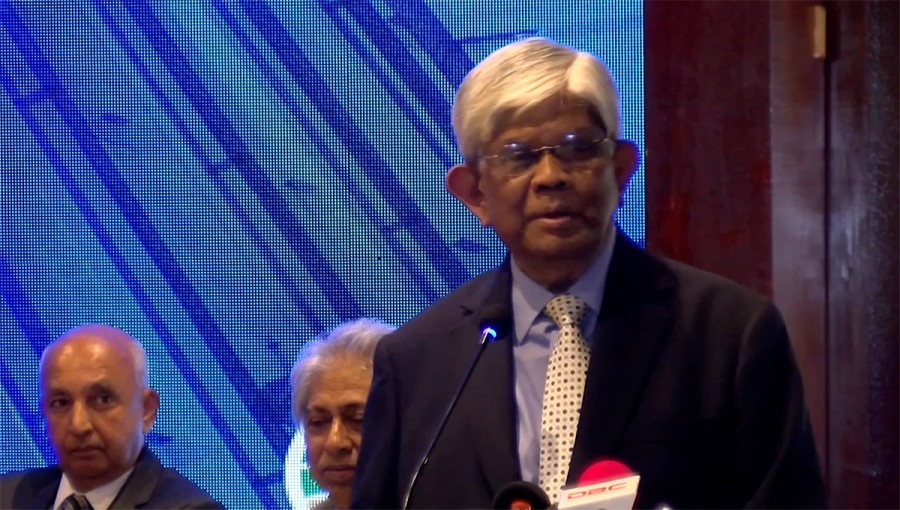


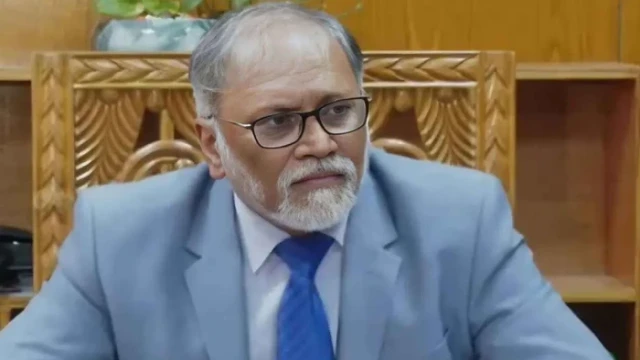

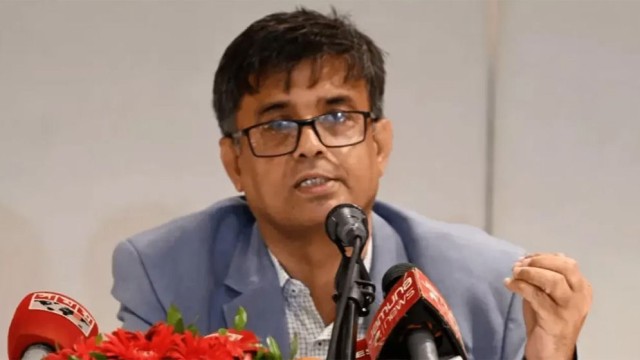


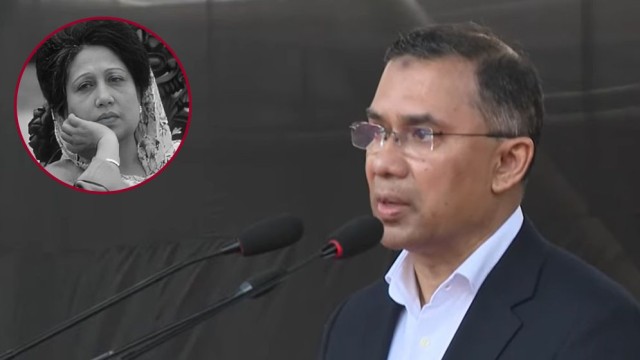




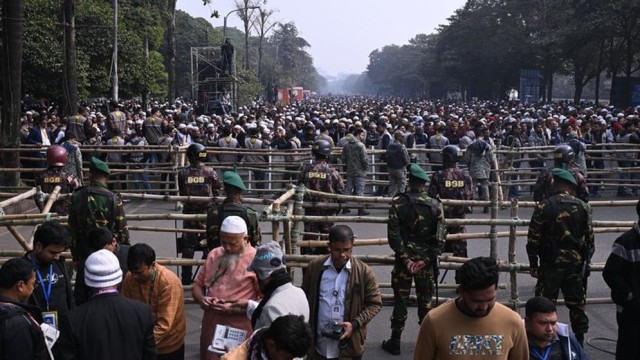

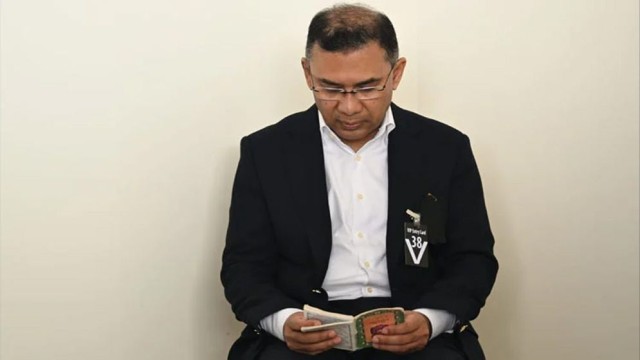











Comment: